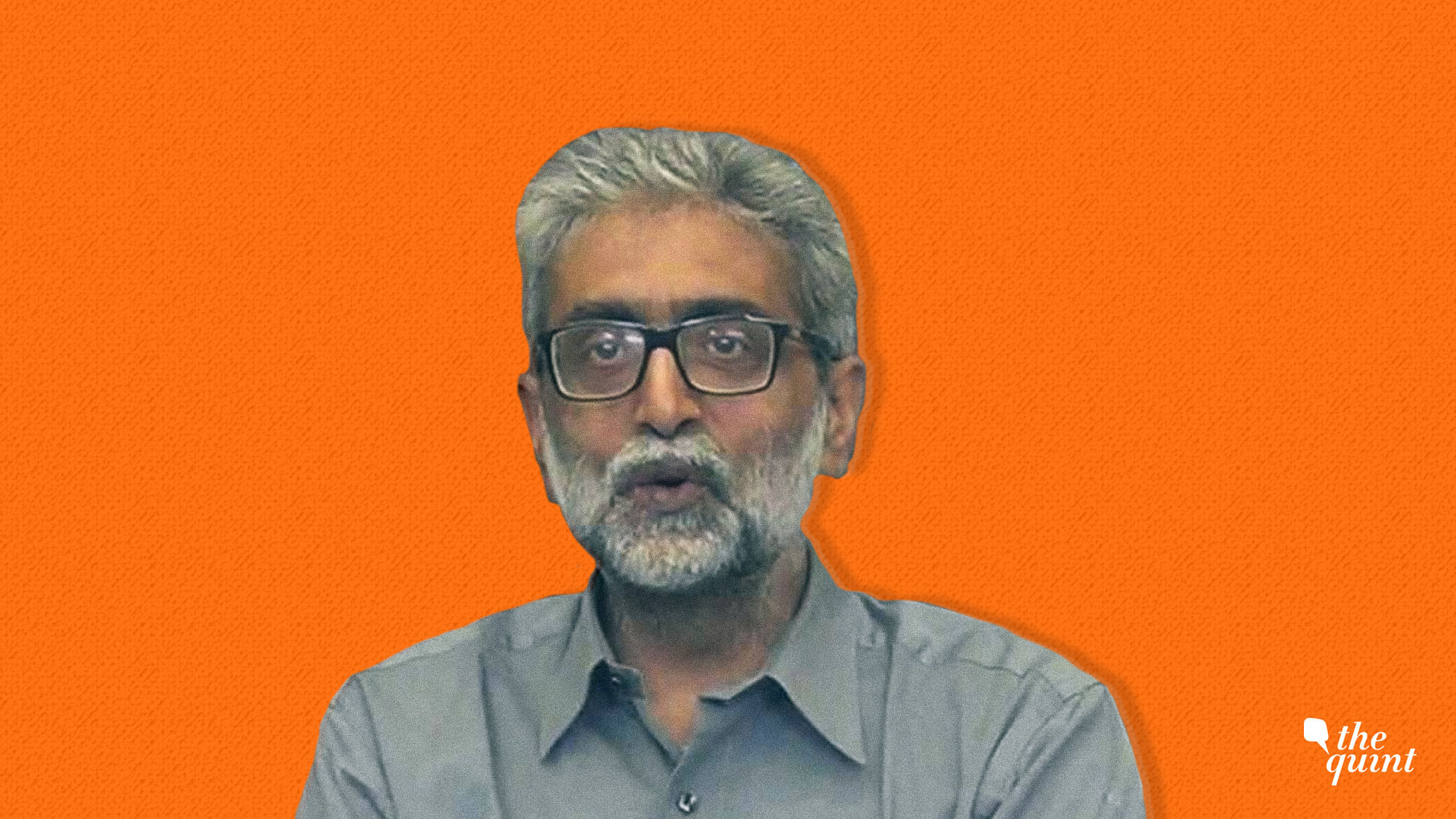Maha Govt Moves SC Against Release of Navlakha From House Arrest
The state govt is expected to mention the issue before the the newly appointed Chief Justice of India, Ranjan Gogoi.

The Maharashtra government on Wednesday, 3 October, moved the Supreme Court to challenge the Delhi High Court order allowing Gautam Navlakha, one of the five social activists arrested in connection with the Bhima-Koregaon case, to be freed from house arrest.
The state government is expected to bring forth the issue before the newly appointed Chief Justice of India, Ranjan Gogoi, to seek an immediate stay on the high court’s order and to restore Navlakha’s house arrest, reported ANI.
The state government’s move comes two days after a Delhi High Court bench, comprising Justices S Muralidhar and Vinod Goel, had ended the 65-year-old activist’s five-week-long house arrest.
WHAT WAS THE DELHI HC’S EXACT ORDER?
The Delhi High Court on Monday, 1 October, had granted Navlakha relief saying that last week, the Supreme Court had already given him the liberty to approach the appropriate forum within four weeks to seek relief, which he availed.
The high court had also dismissed a local court’s transit remand to the Maharashtra Police for Navlakha to be transferred to Pune, which had been challenged by him, before the matter was taken to the Supreme Court.
The court further stated that Navlakha's detention has exceeded 24 hours, which was "untenable”.
WHY WERE NAVLAKHA & FELLOW ACTIVISTS ARRESTED?
Gautam Navlakha, Varavara Rao, Arun Ferreira, Vernon Gonsalves and Sudha Bharadwaj had been placed under house arrest since 29 August, following a police probe into the violence between Dalit and the upper caste groups at Koregaon-Bhima village near Pune, after an event called “Elgar Parishad” on 31 December 2017.
The police had alleged that the activists had Maoist links and had allegedly funded the Elgar Parishad conclave. They also claimed to have found two letters that they said had been exchanged between the “Maoist leaders” which contained plans to assassinate Prime Minister Narendra Modi, BJP President Amit Shah and Home Minister Rajnath Singh.
(At The Quint, we are answerable only to our audience. Play an active role in shaping our journalism by becoming a member. Because the truth is worth it.)